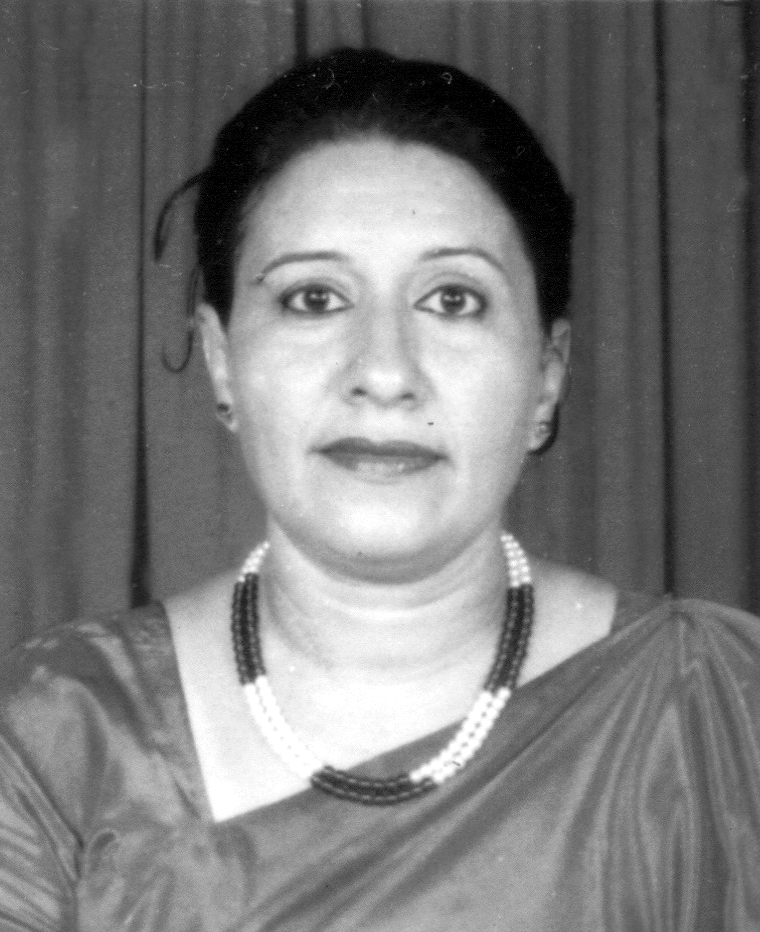
Nilofer S. Akhtar
Advocate, Mumbai high court, specialising in family laws
Triple talaq is an absolutely sinful act that has no place in Islam. And we have now reached a situation in India where the courts are no longer willing to accept this practice as lawful.
In the past two years I have personally handled about a dozen cases and succeeded in getting rulings, where the court refused to accept the husband’s claim of having divorced his wife and ordered that the husbands concerned pay for the maintenance of the wife and children.
Unfortunately, the media, as also the ordinary Muslim, man and woman, are still largely ignorant of this changed reality. Giving wide publicity to these judgements could go a long way in putting a check on the practice of instant divorce.
Conflicts within marriage in Muslim homes are arising today due to changed social circumstances: in lower middle class homes it is the demand for dowry which is totally un-Islamic; in middle class homes it is interference from the husband’s family; in upper class families, where more and more women are getting into professional careers, it is the wife’s pressure to break out of the joint family mould.
Another highly disturbing trend is that of the Muslim male who goes abroad for work. Often the wife’s family members are coaxed, cajoled or coerced into contributing towards large payments to the recruiting agents. The husband goes abroad promising to send a visa for his wife soon. But in very many cases what she receives after anxious waiting is not the visa but a talaqnama. Often, all that the wife knows is the post box address of the husband’s workplace, so it is very difficult serving sermons on the man.
These are all real life situations that cannot be wished away and have to be addressed. In this context, the nikahnama, a document that clearly spells out the terms of the marital contract, becomes very important.
It is commonly thought that in Islam only the husband has a right to talaq, while the wife can at best ask for khula but on condition that she foregoes all her property-related rights. But this is not true.
For example, divorce by mutual consent is fully acceptable in Islam. Then there is the provision of talaq-e-tafweez, whereby, through an agreement between the husband and the wife either at the time of marriage or any time thereafter, the husband delegates his right to ask for divorce also to the wife.
Until the ’40s it was a widely prevalent practice among the upper class Muslim families in UP, where to safeguard their daughter’s interests, they would incorporate the talaq-e-tafweez provision in the nikahnama. This is an over 100-year-old practice, well-recognised by the courts, but about which there is near total ignorance among Muslims today.
It is perfectly acceptable in Islam (Surah 33, ayat 28 of the Koran) that at the time of marriage, a bride can stipulate conditions for the marriage that are lawful and in accordance with public morality. This could include, for example, clauses concerning a husband’s second marriage, maintenance, custody of children, share in matrimonial property, etc.
Incidentally, a nikahnama is a very private document that does not necessarily need the approval or endorsement of the Muslim Personal Law Board or any other authority.
We have drawn up a nikahnama in 2001 and I know of 12-13 couples who have entered into marriage according to its stipulations. For my own daughter, I will draft my own nikahnama when it comes to her marriage.
Archived from Communalism Combat, July 2004 Year 10 No. 99, Cover Story 5
